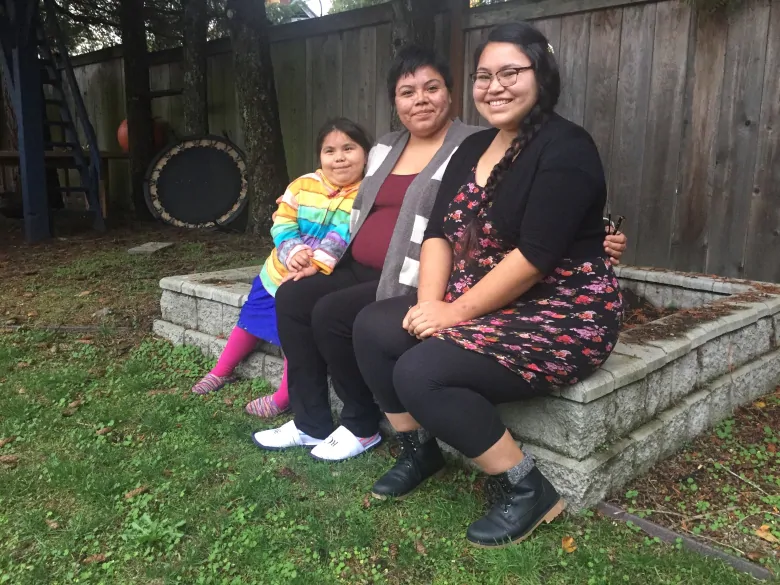Original Voices: Experience Indigenous languages in Canada

The United Nations declared 2019 as the International Year of Indigenous Languages to raise awareness of them, in order to both benefit people who speak these languages and to help others appreciate their importance to the world’s cultural diversity.
UNESCO’s 2010 Atlas of the World’s Languages in Danger counts 86 Indigenous languages in Canada, and reports 62 of them are endangered and the other 24 are vulnerable to being endangered.
To mark the International Year of Indigenous Languages, CBC Indigenous created Original Voices, an immersive and extensive exploration of Indigenous languages in Canada.
The site provides users with a place to listen and learn from language keepers, promotes how people are revitalizing Indigenous languages and highlights how Indigenous languages are being preserved.
The site includes a vibrant, interactive map showing the Indigenous languages spoken across Canada. Visitors to the site can see where each language is spoken, meet speakers of that language and listen to words and phrases in the language.
Original Voices will be the hub for all CBC Indigenous language content and include updates in content and new original storytelling about Indigenous languages.
Two of the people you’ll meet are Rae-Anne Claxton Baker of Tsawout First Nation in B.C. and Jeremy Teiawenniserate Tomlinson of Kanesatake, Que.
“I feel that it’s very important as a First Nations person to be able to express myself, my identity and my land in my own language,” says Claxton Baker, who is one of many working to keep the Hul’q’umi’num’ language spoken on Vancouver Island.
Tomlinson, who’s in an adult Kanien’kéha (Mohawk language) immersion program, has a similar view.

“A lot of efforts have been undertaken to eliminate these things, to separate us from our culture and our language,” he says.
“I think the best thing we can do for ourselves right now to heal, to rise up from where we are to something better, is through learning our language.”





